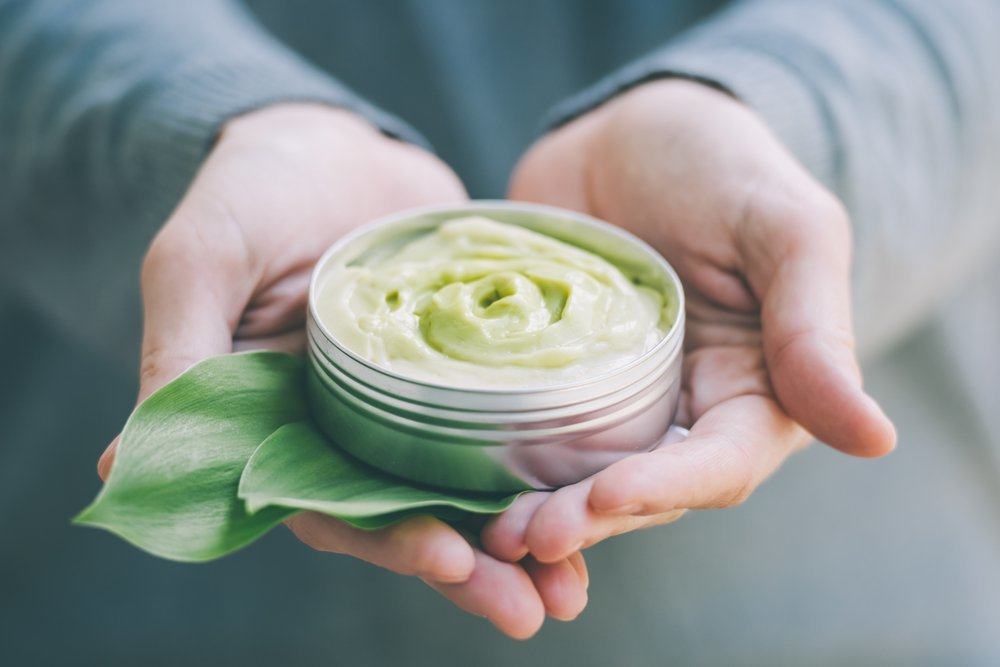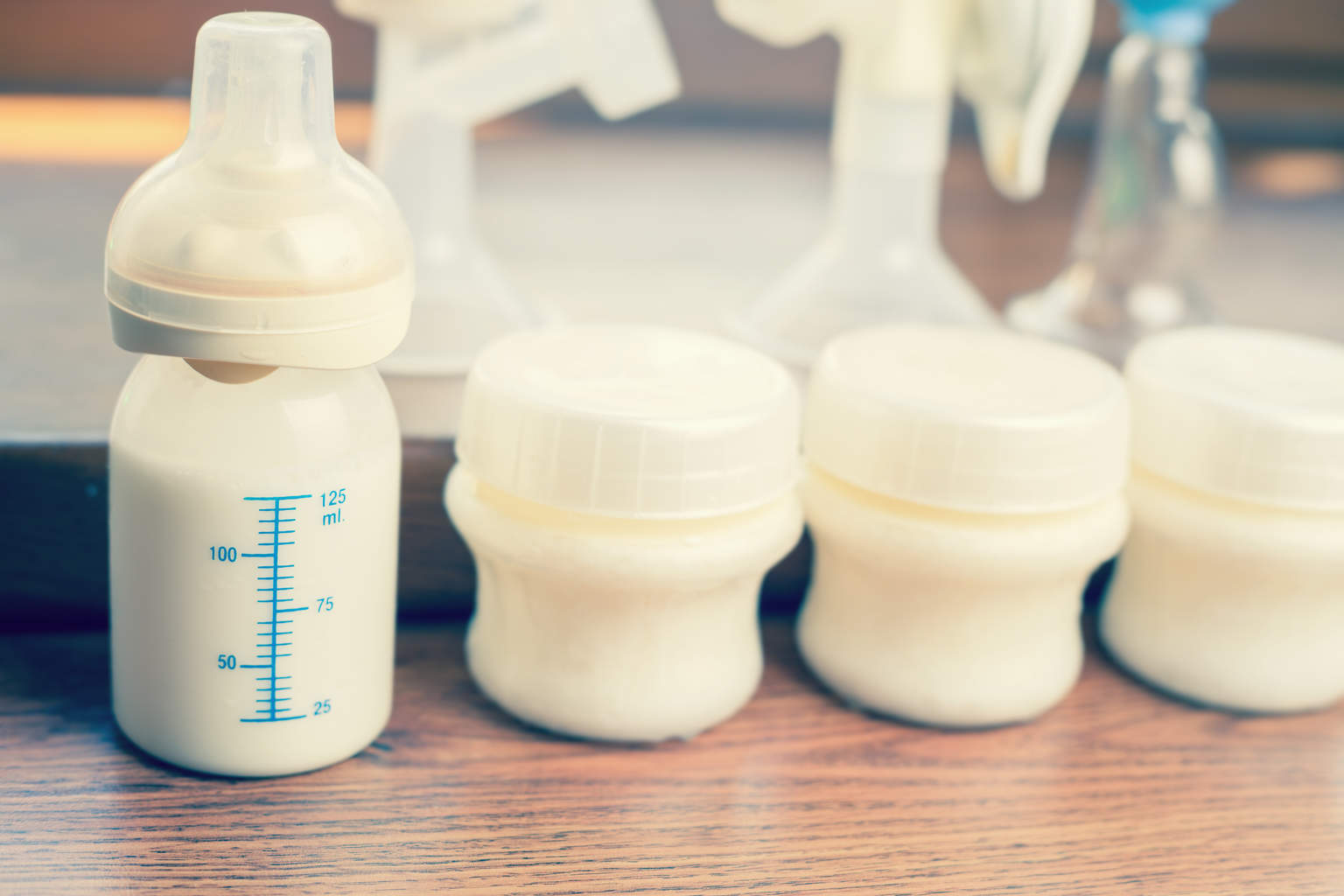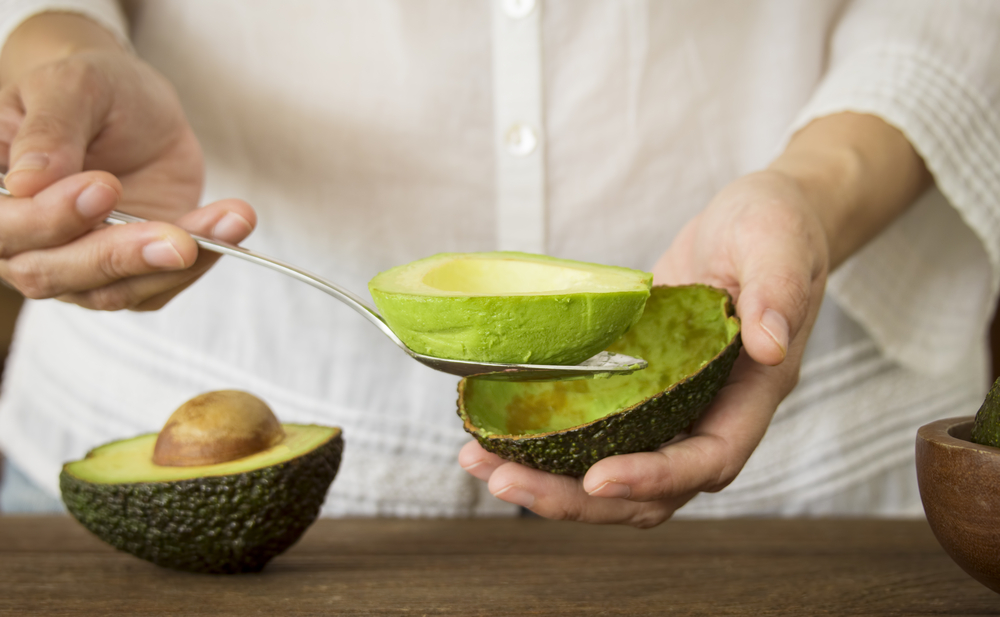Contents:
- Medical Video: My 7 Skin Care Secrets
- 1. Organic skin care is believed to be better for the skin
- 2. The material used must meet the requirements to get organic certification
- 3. Meanings of organic labels
- 4. The difference between organic and vegan skin care
- 5. Organic matter still needs proof of its effectiveness
- 6. Organic skin care is free of parabens, sulfates, and chemicals
- 7. Organic skin care labels from abroad
Medical Video: My 7 Skin Care Secrets
Currently the green movement is indeed being promoted. Some community groups try to switch to an environmentally friendly lifestyle. Many people are starting to switch to organic food. Not only food, said organic is also found in skin care, aka skin care. It's no longer difficult to find organic skin care now, you can find it directly or through online shopping. However, is it true that natural or organic ingredients are far better than other products?
Before you choose the product that suits you best, consider the following facts about organic skin care:
1. Organic skin care is believed to be better for the skin
Non-organic skin care products can expose your skin to a number of endocrine disorders due to heavy metals entering your body, such as mercury, emulsifiers, paraben, and propylene glycol. These ingredients can be easily absorbed by your body and spread throughout the body. The impact will cause accumulation of the body and damage that is not visible. Unlike organic products that not only kill poisons, but offer various benefits of skin needs, such as antioxidants which can have antiaging effects. You can also overcome the problem of hyperpigmentation and inflammation.
2. The material used must meet the requirements to get organic certification
Natural ingredients used for organic skin care are usually ingredients such as aloe vera, apples, honey and others. In America alone, to be able to get USDA certification, the materials used must be free of synthetic pesticides, fertilizers, and other non-organic substances.
3. Meanings of organic labels
In Indonesia alone, there is no label that indicates that these beauty products are organic ingredients. You can only find out by looking at the list of ingredients used in the product packaging. All products are safe, both chemical and organic, there must be a label from BPOM. Meanwhile, when you buy organic skin care products from abroad directly or online, especially from America, here is what you need to know about the certification label from USDA:
- 100% organic: means that the product only contains ingredients that are produced organically and are permitted to display organic labels.
- Organic: the product contains at least 95% organic-produced ingredients and is permitted to display organic labels.
- Made with organic ingredients (made with organic ingredients): products contain at least 70% organic ingredients and are not permitted to display organic labels.
- Less than 70% organic ingredients (less than 70% organic ingredients): products are not permitted to use the word 'organic' in any package, but may display organic ingredients or processes on a list of ingredients.
4. The difference between organic and vegan skin care
Products that have natural and vegan claims do not contain animal-derived ingredients. Good vegan products that do not contain beeswax or carmine; which comes from bees. The word vegan itself also refers to its environmentally friendly production process. The material is not tested on animals. However, not all vegan products are organic. Some of them even claim cruelty-free.
5. Organic matter still needs proof of its effectiveness
Many products claim to be organic just to increase sales, without providing better benefits. Doris Day, MD, assistant clinical professor of dermatology at New York University Medical Center, quoted by Everyday Health, said that he was not sure why people thought natural ingredients were far better. The thing he was looking for was medical evidence. Clinical data is still needed to determine the safety and effectiveness of organic skin care.
6. Organic skin care is free of parabens, sulfates, and chemicals
Paraben (usually found on products sunscreen, lotion, makeup), sulfate (found in detergents, shampoo and bath gel), and phthalates (chemicals found in plastic and fragrance) can increase cancer risk according to several studies. Parabens are thought to cause free radical damage and sulfates can irritate your skin or cause allergic reactions.
7. Organic skin care labels from abroad
It's no stranger nowadays to shop online, especially when it's already a lot beauty blogger who reviews various skin care products. After reading or hearing reviews of these products, sometimes we become interested in trying. If you want to buy organic products from abroad, it's good to look at labels or certifications from where the country originates.
- USDA: certification for American organic products
- ECOCERT, BDIH, Biologique: certification for EU organic products
- BIO: certification for German organic products
READ ALSO:
- Dumped Sweetheart: 7 Ways to Use Fruit Skin for Beauty
- 9 Foods That Can Make Skin Brighter
- Skin Care Tips for Diabetics












